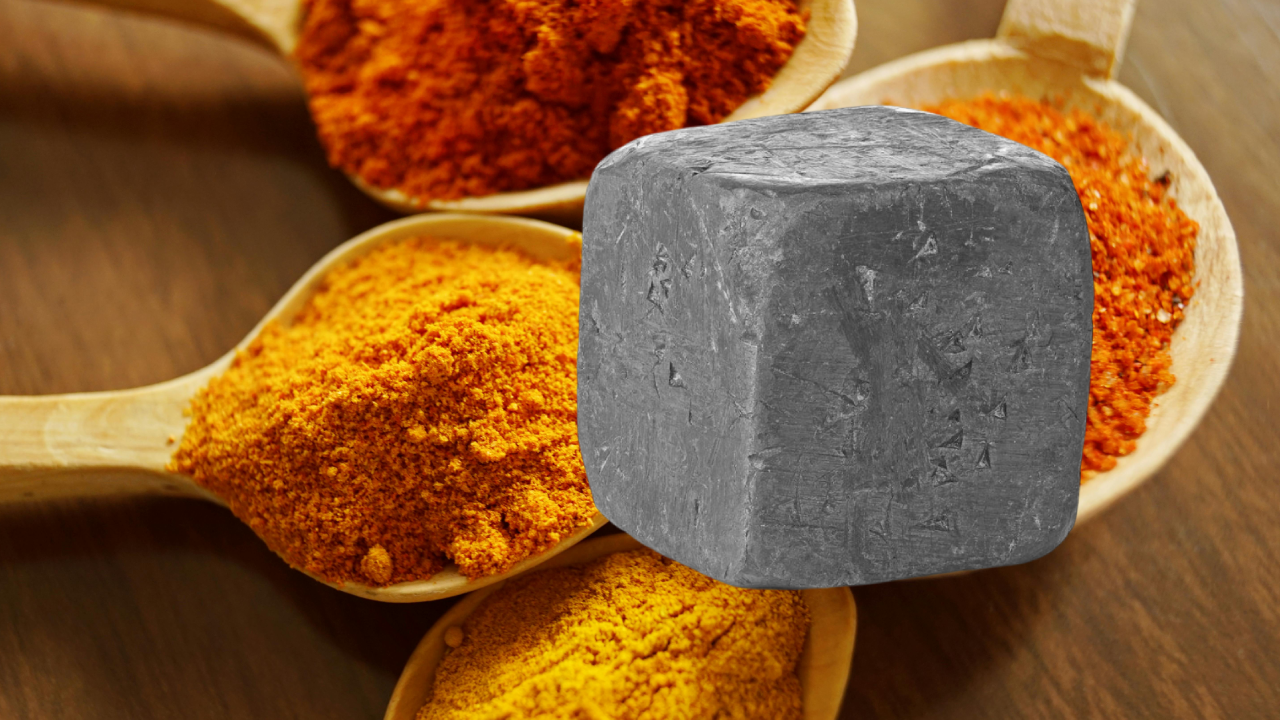Cinnamon, a beloved spice that has been used in various cuisines and traditional medicines for centuries, has recently come under scrutiny due to alarming findings related to lead contamination. A recent study conducted by Consumer Reports revealed that a significant portion of cinnamon products sold in the United States contain elevated levels of lead, a dangerous heavy metal known for its harmful health effects.
Out of 36 ground cinnamon and spice blend products tested, 12 were placed on a “don’t use” list due to high lead levels. These findings raise serious concerns about food safety and the potential long-term health impacts of consuming contaminated cinnamon.
Table of Contents
The Study: Troubling Results from Popular Cinnamon Brands
Consumer Reports tested 36 different ground cinnamon and spice blend products from various retailers in Connecticut, New Jersey, New York, and online. The tests revealed that a third of these products contained lead levels exceeding 1 part per million (ppm), a threshold that triggers recalls in New York, the only state in the U.S. with regulations for heavy metals in spices.
While other states may not have similar regulations, these results point to a serious issue that could affect consumers nationwide.
The cinnamon brands that landed on the “don’t use” list include:
- Paras Cinnamon Powder
- EGN Cinnamon Powder
- Mimi’s Products Ground Cinnamon
- Bowl & Basket Ground Cinnamon
- Zara Foods Cinnamon Powder
- Three Rivers Cinnamon Stick Powder
- Yu Yee Brand Five Spice Powder
- BaiLiFeng Five Spice Powder
- Spicy King Five Spices Powder
- Badia Cinnamon Powder
- Rani Brand Cinnamon Powder
- Deep Cinnamon Powder
These findings are particularly concerning, as cinnamon is a commonly used ingredient in everyday cooking, baking, and even in some health-conscious diets.
The Health Risks of Lead Exposure

Lead is a toxic heavy metal that has no known safe level of exposure, especially for children. Even low levels of lead exposure can have severe health effects, particularly on brain development in children. Lead can accumulate in the body over time, leading to long-term health issues.
Some of the most serious health risks associated with lead exposure include:
- Neurological damage: Lead exposure, especially in children, can lead to cognitive impairments, reduced IQ, attention disorders, and developmental delays. The impact on the nervous system is irreversible and can affect an individual’s entire life.
- Behavioral problems: Lead toxicity is linked to behavioral issues such as hyperactivity, aggression, and learning difficulties.
- Kidney damage: Lead can cause damage to the kidneys, which filter waste from the blood. Long-term exposure can lead to kidney disease and other related health issues.
- Cardiovascular problems: In adults, chronic lead exposure is associated with high blood pressure, heart disease, and other cardiovascular problems.
- Reproductive issues: Both men and women can experience reproductive problems due to lead exposure, including decreased fertility and increased risk of miscarriage or stillbirth.
The long-term nature of lead accumulation makes it particularly insidious. Once ingested, lead remains in the body, stored in bones, teeth, and tissues, where it can be released back into the bloodstream years after exposure.
A Wake-Up Call for Food Safety

Consumer Reports’ findings highlight an ongoing issue with food safety regulations in the United States, particularly when it comes to imported products like spices. While the Food and Drug Administration (FDA) monitors certain contaminants in food, including lead, there are no federal limits on lead in spices. This regulatory gap puts consumers at risk, as there is no consistent oversight on the safety of spice products.
The fact that New York is currently the only state with regulations on heavy metals in spices raises questions about the lack of national standards. With lead contamination being a known issue in other food products, such as baby food, the need for comprehensive federal regulations becomes even more urgent.
James Rogers, PhD, director of food safety research and testing at Consumer Reports, stressed the importance of avoiding products with elevated lead levels. “Even small amounts of lead pose a risk because, over time, it can accumulate in the body and remain there for years, seriously harming health,” he said. Consumers are advised to discard any products on the “don’t use” list and stay vigilant about the spices they purchase.
Industry Response and Responsibility
The response from cinnamon manufacturers has been mixed. Some companies, such as Paras and EGN, have committed to removing their products from the market following the study’s findings. Other companies, including Deep and Yu Yee, stated that they have tested their products or relied on tests from their suppliers, although this does little to alleviate consumer concerns given the study’s results.
The issue of lead contamination in spices is not a new one. Previous outbreaks of lead poisoning have been linked to spices, including a 2022 incident in which over 500 children were poisoned after consuming apple purée pouches that contained contaminated cinnamon. This points to a systemic problem that demands more stringent testing and oversight, especially for imported products.
The FDA has issued warnings in the past about contaminated cinnamon, but without enforceable federal limits on lead in spices, it is up to consumers to be proactive in protecting their health. This lack of regulation also places the burden on manufacturers to ensure the safety of their products, which some may not prioritize without clear legal obligations.
What Consumers Can Do to Protect Themselves
For consumers, the findings of this study are alarming, but there are steps they can take to reduce their risk of exposure to lead-contaminated cinnamon and other spices. Here are a few recommendations:
- Check the “don’t use” list: If you have any of the 12 cinnamon products flagged by Consumer Reports, it’s best to dispose of them immediately. Even small amounts of lead pose a significant health risk.
- Choose trusted brands: While it can be difficult to know which brands are safe, purchasing spices from reputable companies with rigorous testing protocols can reduce the risk of contamination. Brands that prioritize transparency and provide third-party testing results are preferable.
- Buy whole spices and grind them yourself: Contamination is more likely to occur in ground spices due to the larger surface area exposed during processing. By purchasing whole cinnamon sticks and grinding them at home, you can reduce your risk of contamination.
- Support stricter regulations: Advocacy for stronger federal regulations on heavy metals in spices can help protect consumers nationwide. Contacting elected officials and supporting organizations that promote food safety can make a difference in pushing for better standards.
- Stay informed: Consumer Reports and other organizations regularly test food products for contaminants. Keeping up-to-date with their findings can help you make safer choices in your kitchen.
The Need for Comprehensive Regulations
The findings from the Consumer Reports study underscore the need for more comprehensive regulations regarding heavy metals in spices. As consumers, it’s easy to assume that the products on grocery store shelves are safe to use, but this study reveals a disturbing gap in food safety protocols.
Federal limits on lead in spices, similar to those in place for other food products, are necessary to protect public health. With increasing globalization and the widespread import of spices, these regulations must be applied at both the national and international levels to ensure that consumers are not unknowingly exposed to harmful contaminants.
